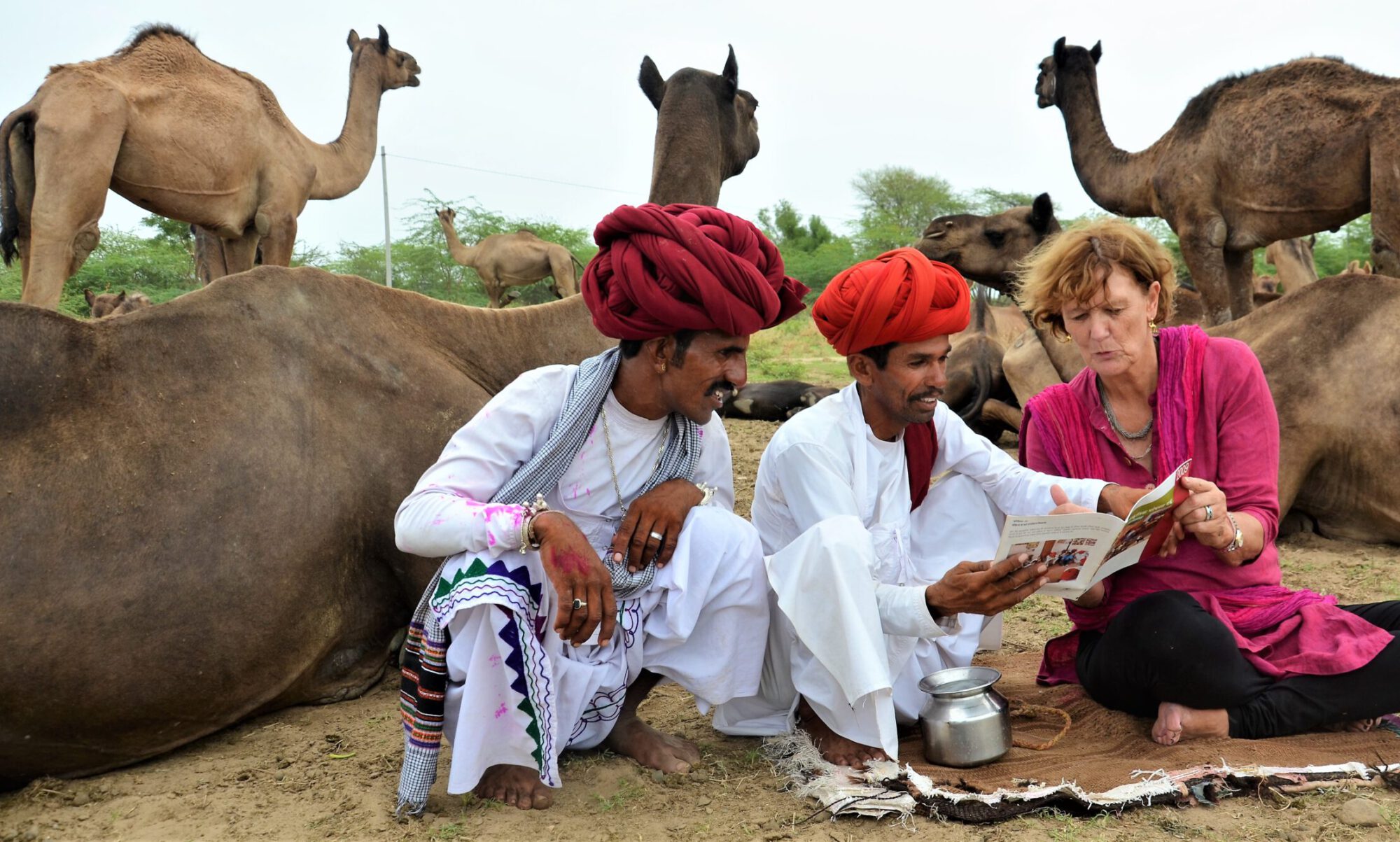People are as fascinated by pastoralists as they are disgusted and taken aback by conventional livestock production. Film makers, photographers, tourists, students go crazy about traditional livestock keepers herding their flocks through scenic landscapes, while most people avoid being confronted with the stark and uncomfortable technical realities under which their food is produced. Nevertheless, pastoral systems are waning, while the industries are proliferating.
In order to address this issue, LPP is hosting an international conference in Bonn next month in which we are trying to provide “small-scale livestock keepers” with the opportunity of projecting their perspective. Today I received a very sombering note from Argentina by Gabriel Palmili who has spent almost 28 years working with communities and families of nomadic herders in the Northern Neuquen province, Argentina, in the provincial government. I quote:
“I am sure that, if there is not important changes in the government’s policies (national and provincial) and in the concientización and empowerment of the pastoralists themselves on his dramatic situation, this productive system is going to disappear….Transhumants families from the province of Neuquen are getting worse: Their lands are being privatized, young people migrate to the city leaving alone the elderly; government agencies overwhelm them with a lot of regulations (on trade, health for livestock); their traditional transhumance roads disappear as a result of fencing, construction of roads, the growth of population centers. Even nature punishes them with severe droughts like never before they have met. Added to this is that, being a minority among minorities, their situation is overlapped by that of millions of livestock keepers specially of Asia and Africa.
He also adds this comment:
However, this bleak picture contrasts with the reality of many professionals and officials who theorizing about the particular have written and published many works, presented thesis, get doctorates, have progressed in their careers, have discoursed at conferences and meetings, etc.
Let’s hope this conference will serve effectively to begin to reverse this extreme situation being experienced by not only transhumants families from Neuquén’s province but many more livestock keepers families in the whole world.
Yes, Gabriel is right. Nevertheless, we should not give up. Establishing policies that make pastoralism an attractive and rewarding livelihood option would not only revitalize rural areas, but have so many more positive externalities: increased food security, biodiversity conservation, healthy food and less disease problems and pandemics.
Lets hope that our conference will not just talk, but also identify some concrete steps towards reaching the goal of making livtstock keeping more sustainable – both ecologically and socially!

 Follow
Follow